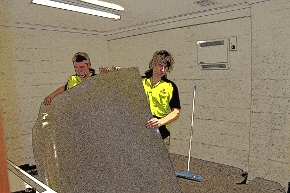Workplace mentoring

Mentoring is probably the oldest form of training there is. Tribal elders have been mentoring the younger members of their clans for thousands of years, helping to shape their behaviour and living skills through providing advice, answering questions and teaching by example.
In principle, nothing much has changed. Modern mentoring is still all about 'experiential' learning. It happens informally whenever a new employee is paired off with a more experienced employee to learn the ropes. It happens in a more organised way between a trainee and their workplace supervisor.
And it becomes a structured mentoring relationship when a mentor and their 'mentee' enter into a formal arrangement and work together towards achieving a defined set of objectives.
Note that although a workplace supervisor can also be a mentor to their subordinate, these two roles are different and at times can have competing goals.
For example, as a supervisor you are responsible for your subordinate's work output, and you may need to be demanding with timelines or the level of quality they are achieving.
However, as a mentor you will be helping the mentee to make the most of their talents and grow personally and professionally, so you'll need to be more of a listener and advisor than a 'whip cracker'.

What are your own experiences with mentors?
Did you have a mentor when you were learning the ropes in a new job? In what ways did you benefit from the relationship?
If you didn't have a mentor, would you have liked one? How do you think the arrangement would have helped?

